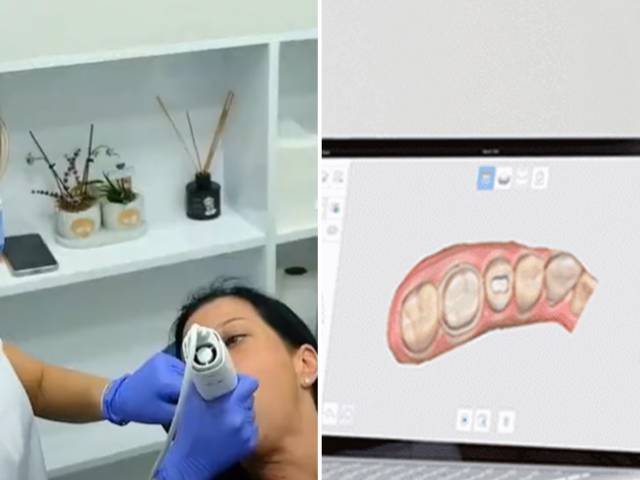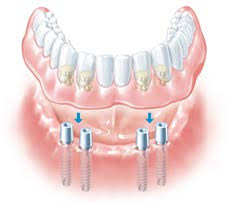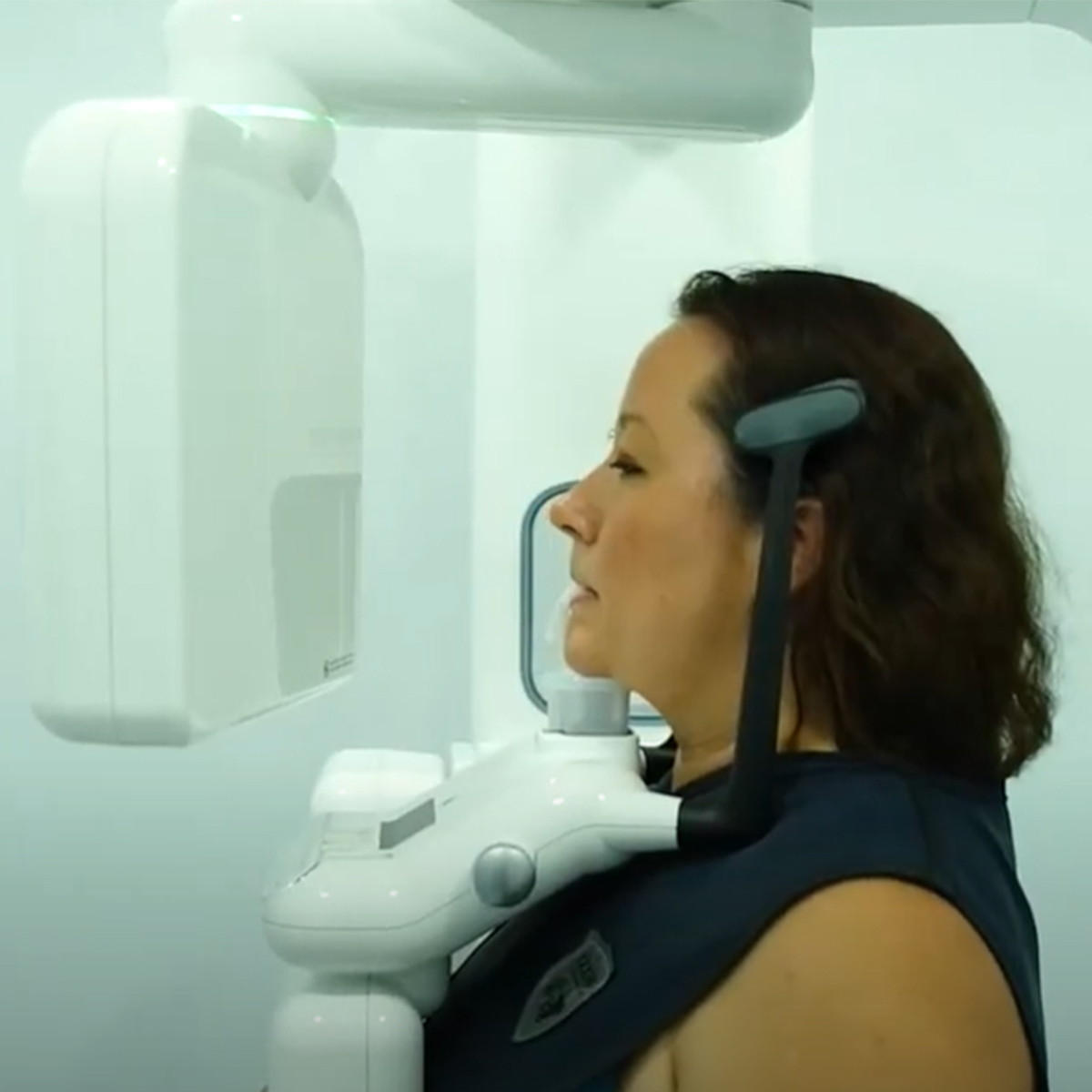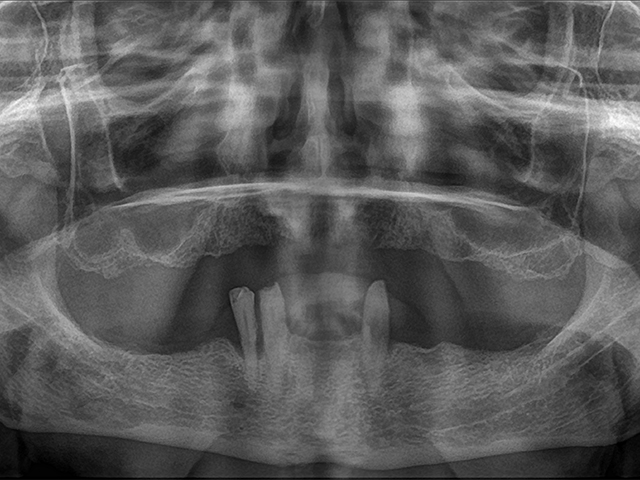Implant-Supported Telescopic Denture | Single Jaw
The implant-supported telescopic denture, also known as an implant overdenture, is a proven solution for patients who no longer have their own teeth in the upper or lower jaw or whose remaining teeth must be removed for health reasons. This method is particularly suitable for individuals who lack sufficient bone substance or the budget for a fixed restoration. It represents a high-quality, removable alternative that combines functionality, aesthetics, and comfort.
Treatment Planning
Before starting the treatment, a comprehensive consultation is conducted. During this process:
X-rays and, if necessary, a 3D tomography are taken, the oral anatomy, jaw bite, and bone density are assessed, and the general health condition as well as individual preferences are considered.
Our specialized dentists and oral surgeons jointly evaluate all findings. Subsequently, the patient is thoroughly informed about possible therapy options using digital visualizations by our patient consultants. After consent, an appointment for the first treatment phase is scheduled. The patient receives a preoperative prescription and begins the recommended medication.
1. Treatment Process
The treatment is carried out in two phases. There is a healing period of approximately 3 to 6 months between the first and second phase.
1 week off is enough!
1. Before the treatment, photographs as well as digital or conventional intraoral impressions are taken, and preoperative injections are administered to help relax the patient.

2.The oral and maxillofacial surgeon performs the planned treatment based on the results of the X-ray and tomography examinations, using appropriate anesthesia techniques and self-dissolving sutures.
During the procedure, Ankylos® SynCone® abutments are placed according to the load the implants will receive from the bone.
On the same day, digital impressions are taken for the provisional teeth.
The next day, a follow-up and trial fitting appointment is scheduled after the treatment.
3. Fixed or removable temporary teeth are fitted within 3 days, and a post-procedure follow-up appointment is scheduled according to the patient's travel plans.
"Now, our patient has completed the first phase, which includes surgical procedures, and has received their provisional teeth. There is recovery period of 3 to 6 months, until the second phase can begin."
2nd stage ( Bar-retained Implant overdenture)
10 to 12 days vacation is enough !
1.For patients returning for the second phase of treatment, X-rays are taken to assess the relationship of the implants to the bone and their suitability for the procedure.
On the same day, under local anesthesia, Ankylos® SynCone® abutments are placed on the implants. Additionally, the same procedure is applied to implants that were previously beneath the gum, and healing caps are placed. An appointment for the impression-taking for the telescopic denture is scheduled. After digital or conventional impressions are taken, a trial appointment for the telescopic denture follows.
.jpg)
2. The gum adjustment, bite, and aesthetic control of the implant-supported telescopic denture are checked, and if everything goes well during the trial fitting, an appointment for the acrylic and tooth try-in is scheduled.
.jpg)

Final Delivery:
The dentist makes final adjustments based on the patient's feedback.
Correct Fit: Adjustments are made to fit the patient's mouth perfectly.
Aesthetic Appearance: Tooth alignment is provided in accordance with the patient's aesthetic expectations.
Comfort: Comfort of use is increased and potential discomfort is minimized.
The final check of the prosthesis is performed and the patient is informed about the care and use of the prosthesis.
To keep your removable dentures healthy and long-lasting, follow these tips:
-
Cleaning: Regularly clean your removable dentures by brushing them with a toothbrush. This helps prevent food debris buildup and bacteria.
-
Diet: Avoid hard foods that can cause damage, as well as tobacco products and acidic foods. These can negatively affect both your dentures and your oral health.
-
Regular Check-ups: Visit your dentist once a year for regular check-ups. During these visits, your dentist will assess the condition of your dentures and make any necessary adjustments.
-
Caution During Use: Avoid wearing your removable dentures while sleeping. Take them out at night to allow your mouth to rest and breathe.
-
Special Care: Your dentist will provide instructions on how to clean and care for your dentures effectively. Follow their recommendations, as they are tailored to maintain the health and durability of your dentures.
By following these tips, you can ensure the health and longevity of your removable dentures, allowing you to use them comfortably for a long time.
Get your free consultation ➔ Contact us Now








